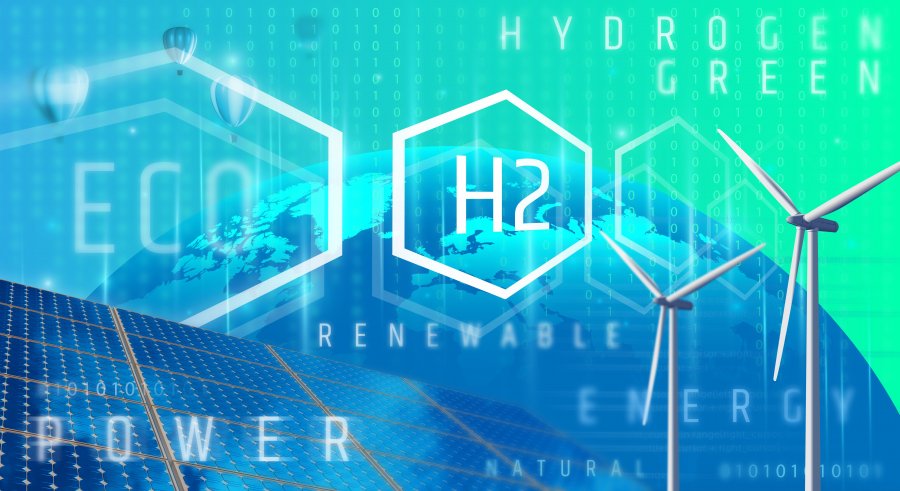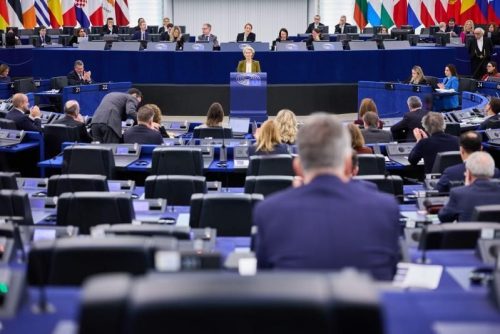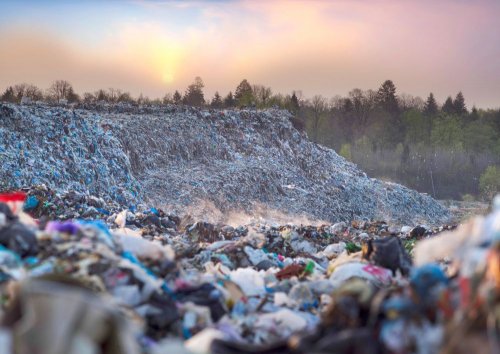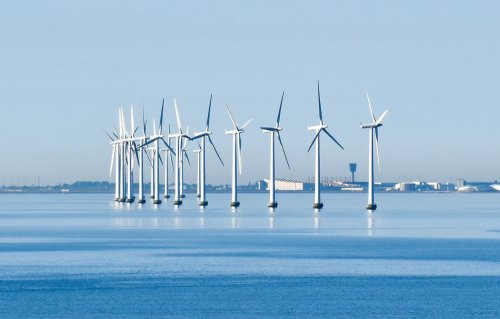The European Commission has completed the development of a regulatory framework for renewable and low-carbon hydrogen.
This was announced by Afkenel Shipstra, Director of Hydrogen at Copenhagen Infrastructure Partners' Energy Transition Fund.
According to the expert, these rules ensure that both renewable and low-carbon hydrogen must achieve the same level of greenhouse gas emissions reduction compared to fossil fuels. This creates a level playing field for different production methods.
The new rules apply to low-carbon hydrogen produced from non-renewable electricity using carbon capture and storage (CCS), or when carbon is permanently chemically bound in long-life products.
Afkenel Shipstra emphasized the importance of the adopted regulatory framework allowing electrolysers to produce both renewable and low-carbon hydrogen in a single installation.
“This is particularly relevant for electrolysers that aim to provide a more constant or base load supply of hydrogen to consumers, providing greater operational flexibility,” the expert said.
To access the European market, both EU manufacturers and international companies will have to comply with these rules for certification. They will come into force after their approval by EU member states and the European Parliament.
The full text of the new requirements is available at the link.
In May, EcoPolitic reported that the European Commission had allocated nearly €1 billion to renewable hydrogen production projects.





